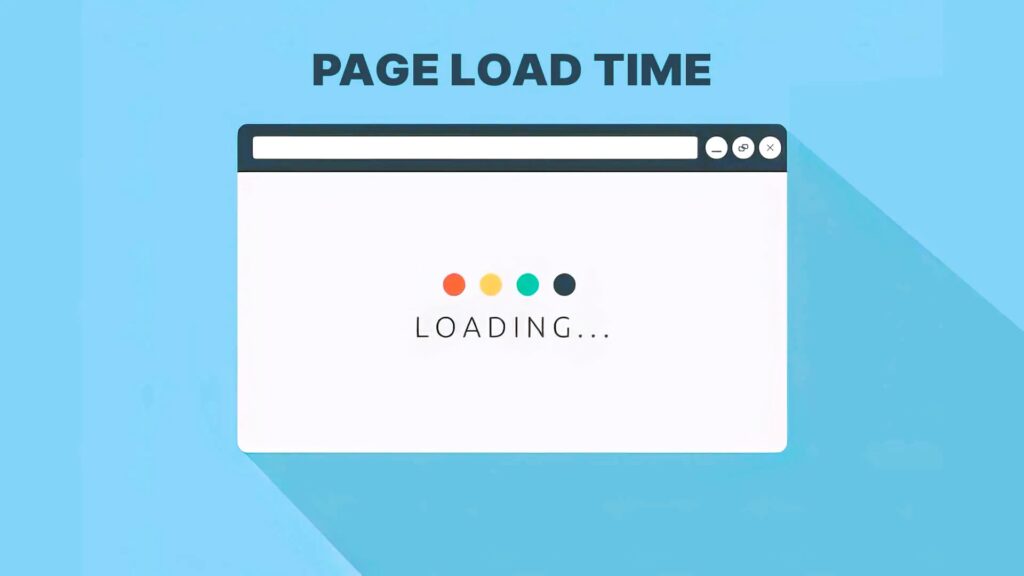How to Improve Website Loading Speed: Best Practices and Tools
In today’s fast-paced digital landscape, website loading speed is a critical factor that can significantly impact user experience, search engine rankings, and overall website performance. Slow-loading websites not only frustrate visitors but also risk losing potential customers and damaging brand reputation. Fortunately, there are several best practices and tools available to help improve website loading speed and deliver a faster, smoother experience for users. In this article, we’ll explore these best practices and tools to help you optimize your website for speed and performance.
Why Website Loading Speed Matters:
- User Experience: Website loading speed directly affects user experience, with research showing that users are more likely to abandon websites that take too long to load. A faster-loading website enhances usability, increases engagement, and improves user satisfaction, leading to higher conversion rates and lower bounce rates.
- Search Engine Rankings: Search engines like Google consider website loading speed as a ranking factor in their algorithms. Websites that load quickly are more likely to rank higher in search engine results pages (SERPs), leading to increased visibility and organic traffic.
- Mobile Performance: With the growing number of users accessing the web from mobile devices, mobile performance is more important than ever. Slow-loading websites can frustrate mobile users and lead to higher bounce rates, negatively impacting both user experience and search engine rankings.
Best Practices to Improve Website Loading Speed:
- Optimize Images: Large images can significantly slow down website loading times. Use image compression techniques to reduce file sizes without sacrificing quality. Additionally, consider lazy loading images to defer loading off-screen images until they are needed.
- Minimize HTTP Requests: Reduce the number of HTTP requests required to load a webpage by combining and minifying CSS and JavaScript files. This reduces server load and speeds up page rendering times.
- Enable Browser Caching: Leverage browser caching to store static resources, such as images, CSS files, and JavaScript, locally on users’ devices. This reduces the need for repeated downloads and speeds up subsequent page loads.
- Optimize Code and Scripts: Streamline your website’s code and scripts to minimize unnecessary bloat and improve efficiency. Remove unused code, eliminate render-blocking JavaScript, and optimize CSS delivery to speed up page rendering.
- Use Content Delivery Networks (CDNs): CDNs distribute website content across multiple servers located in different geographic locations, reducing latency and improving content delivery speed. By caching content closer to users, CDNs can significantly improve website loading times.

Tools to Measure and Improve Website Loading Speed:
- Google PageSpeed Insights: This free tool from Google analyzes website performance and provides actionable recommendations to improve loading speed on both desktop and mobile devices.
- GTmetrix: GTmetrix is a web performance monitoring and optimization tool that provides detailed reports on website loading times, page size, and performance scores. It also offers recommendations for improving website speed and performance.
- Pingdom Website Speed Test: Pingdom offers a free website speed test tool that measures loading times and performance metrics for websites. It provides insights into performance bottlenecks and suggests optimizations to improve loading speed.
- WebPageTest: WebPageTest is an open-source tool that allows you to test and analyze website loading speed from multiple locations and devices. It provides detailed waterfall charts, performance grades, and optimization recommendations.
- Lighthouse: Lighthouse is an automated tool built into Google Chrome’s developer tools that audits website performance and provides recommendations for improving loading speed, accessibility, and SEO. Common website security threats, read about ways to protect against them.
Conclusion:
Website loading speed is a critical factor that can significantly impact user experience, search engine rankings, and overall website performance. By following best practices such as optimizing images, minimizing HTTP requests, enabling browser caching, and leveraging content delivery networks (CDNs), you can improve website loading speed and deliver a faster, smoother experience for users. Additionally, using tools like Google PageSpeed Insights, GTmetrix, and Pingdom Website Speed Test can help you measure performance, identify bottlenecks, and implement optimizations to further enhance website speed and performance.
For more information on website loading speed standards and best practices, you can visit reputable sites such as:
- Wikipedia – Website Performance Optimization
These resources offer valuable insights and information to help you understand the importance of website loading speed and implement effective strategies for optimizing your website for speed and performance.
